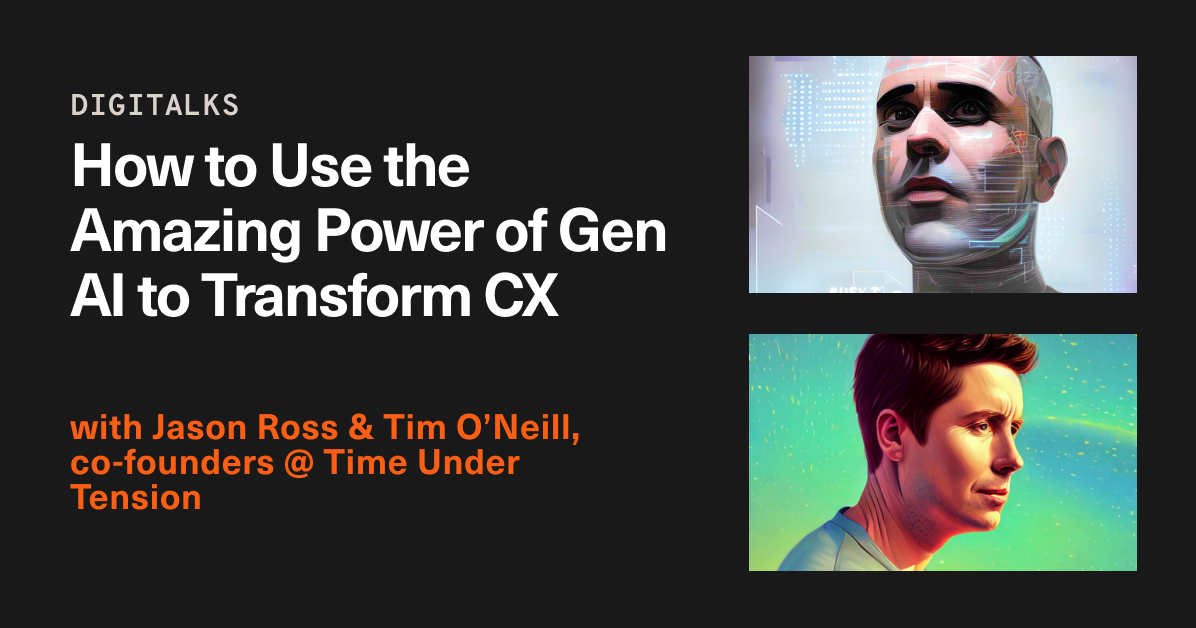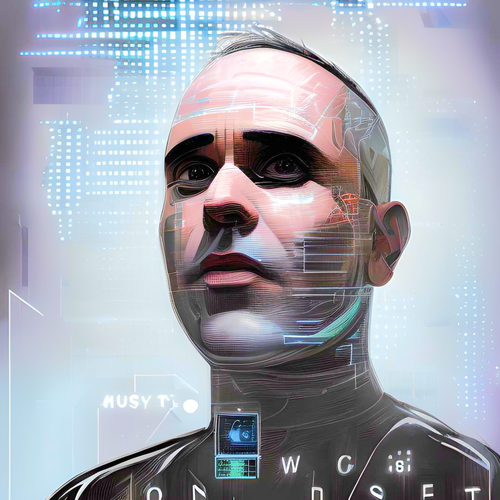When we talk — or write — about disruption, we tend to automatically think about technology. We wonder how some new type of automation or technology is going to come into our worlds and change the way that we work.
But disruption isn’t just about tech. It’s about inflexible structures.
One of the most high profile disruptions to industry over the last decade has been the rise of Uber. They have almost single-handedly, transformed the “taxi” industry in every city that they have entered. They do so by:
- Changing the experience: From booking a trip to the mints handed to you by the driver, the experience of “personal transportation” is quantifiably different to what is already available.
- Changing the supply chain: The “barriers to entry” are dramatically reduced for Uber drivers — subject to a small range of conditions, almost anyone with a car and a license can turn their empty car seats into paying customers
- Changing the customer acquisition process: The taxi networks themselves have been slow to provide mobile services/apps — and when they do come, they don’t measure up to the superior functionality, user case flow and feel delivered by Uber.
But this is not all that Uber does to disrupt a market that it wants to enter. In fact, these transformations are “symptoms” of a much deeper strategy. For the strategy is fundamentally about flexibility.
But the lessons now being experienced by the taxi industry also hold water for the business of marketing.
We need to look at the future of marketing, the challenges of skill gaps, technology encroachment, and a shifting customer expectation. In short, we need to disrupt the WAY we do marketing and the teams that we create to deliver it.
Five dimensions of future marketing capability
When I work with marketing teams, I often find that they have hidden super powers. One person may run their own personal blog or eCommerce site. Another may have a thriving interest in data and visualisation. These super powers are often a world-away from their day-to-day responsibilities.
One of the easiest ways to unearth these skills is to ask face-to-face. And if that is not possible, then a skills audit can be perfect. Your audit will classify low, medium, and high level skills across five dimensions (rated according to your FUTURE needs):
- Marketing foundations: You’ve got to have these. No matter whether you are a “seasoned professional” or a “digital native” — and no matter whether you have studied marketing or just picked it up — you need to know how to do everything from a SWOT analysis to copywriting, event planning and management, to agency review and management.
- Technology foundations: Didn’t get the Slack announcement? Didn’t read your own emails? Digital is the future, and that means getting a handle on technology. If you can’t build a URL for tracking, tweak some HTML at a pinch, or create a landing page, then you’ve got some serious work to do.
- Content production and publishing: Marketing has always had a close link to content and publishing. In a digital and mobile world, knowing how content works in different channels, and why is an essential skill.
- Data analytics: You don’t need to be a data scientist — but you need to be able to get your head around numbers. You need to be able to understand reports and reporting, the difference between metrics and measurement, and how to ask for the right kind of information to make your marketing better.
- Social mindset: Have you ever done customer service? What about online community management? What used to be called “emotional intelligence” can be readily applied to the role of marketing. Do you understand your customer? Do you know your community? And vitally, can you take that into a business context?
Your future marketing team
Your future marketing team will need to have a mix of deep and broad skills across these dimensions. You may find that you can’t source the skills you need from inside your business. You may need external agencies. Or new hires. Find people and organisations that you can partner with – because while this approach will provide you with new flexibility – it’s just the beginning.
You’ll need ever-more flexibility in the future. And that is something you can depend upon.
ABOUT GAVIN
Gavin is a digital strategist and advisor. He has led new venture startups for organisations like PwC, developed digital strategy and execution for global brands on both the agency and client sides, and spent some time as an analyst in digital transformation for award winning analyst and advisory firm, Constellation Research. He is the founder of the Disruptor’s Handbook – an un-Agency that brings startup culture to the challenge of digital transformation and works with clients to help them see opportunity in disruptive technologies and business models. In his limited spare time he serves as president of youth organisation, Vibewire.
Latest.

The Key to Being Job-Ready is Being Resume-Ready
Job Seeker

Are Companies Taking Advantage Of Job Seekers In A Competitive Market?
Industry Trends, Hiring Insights, Job Seeker

How To Use The Amazing Power Of Gen AI To Transform CX
Technology, Video Resources




